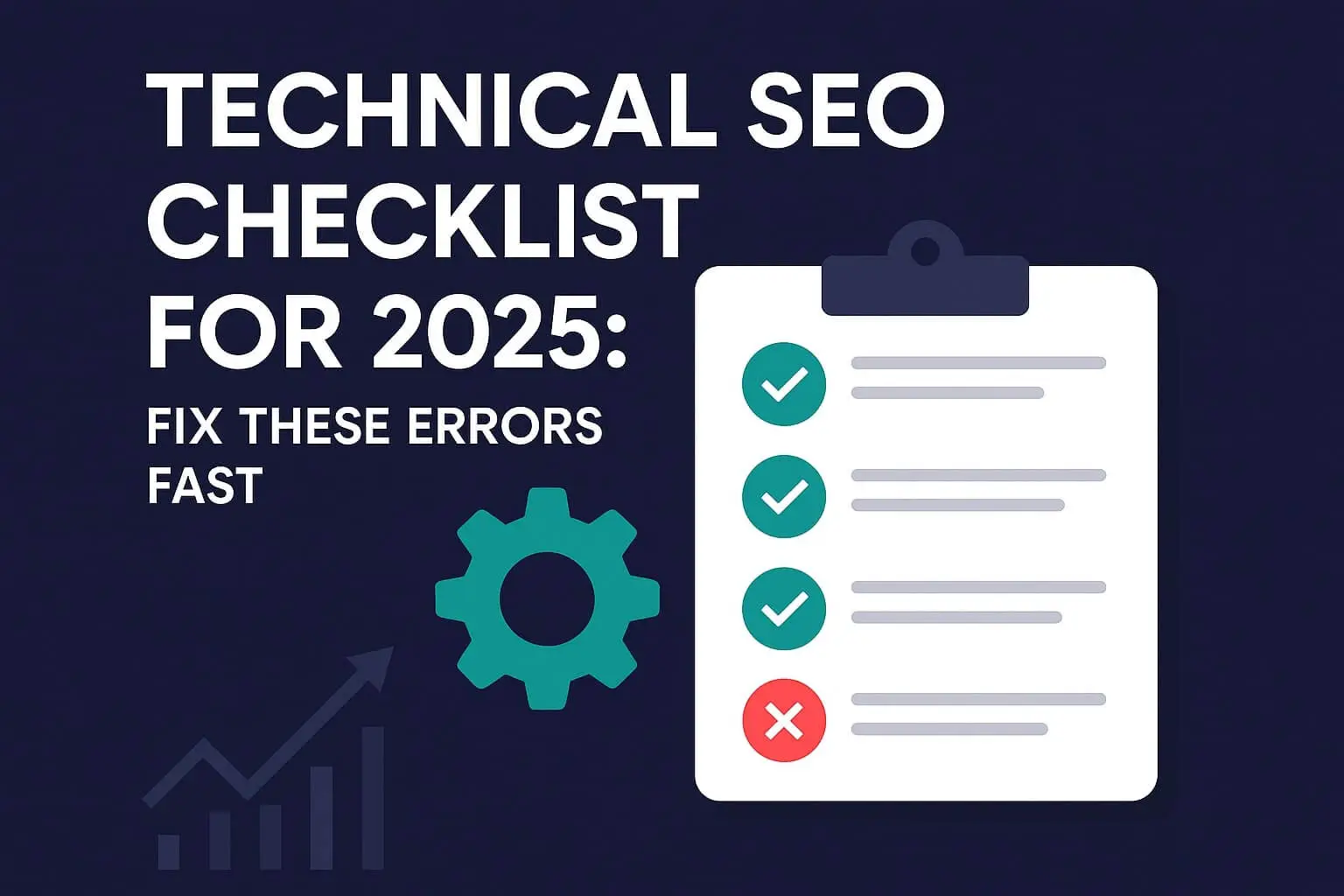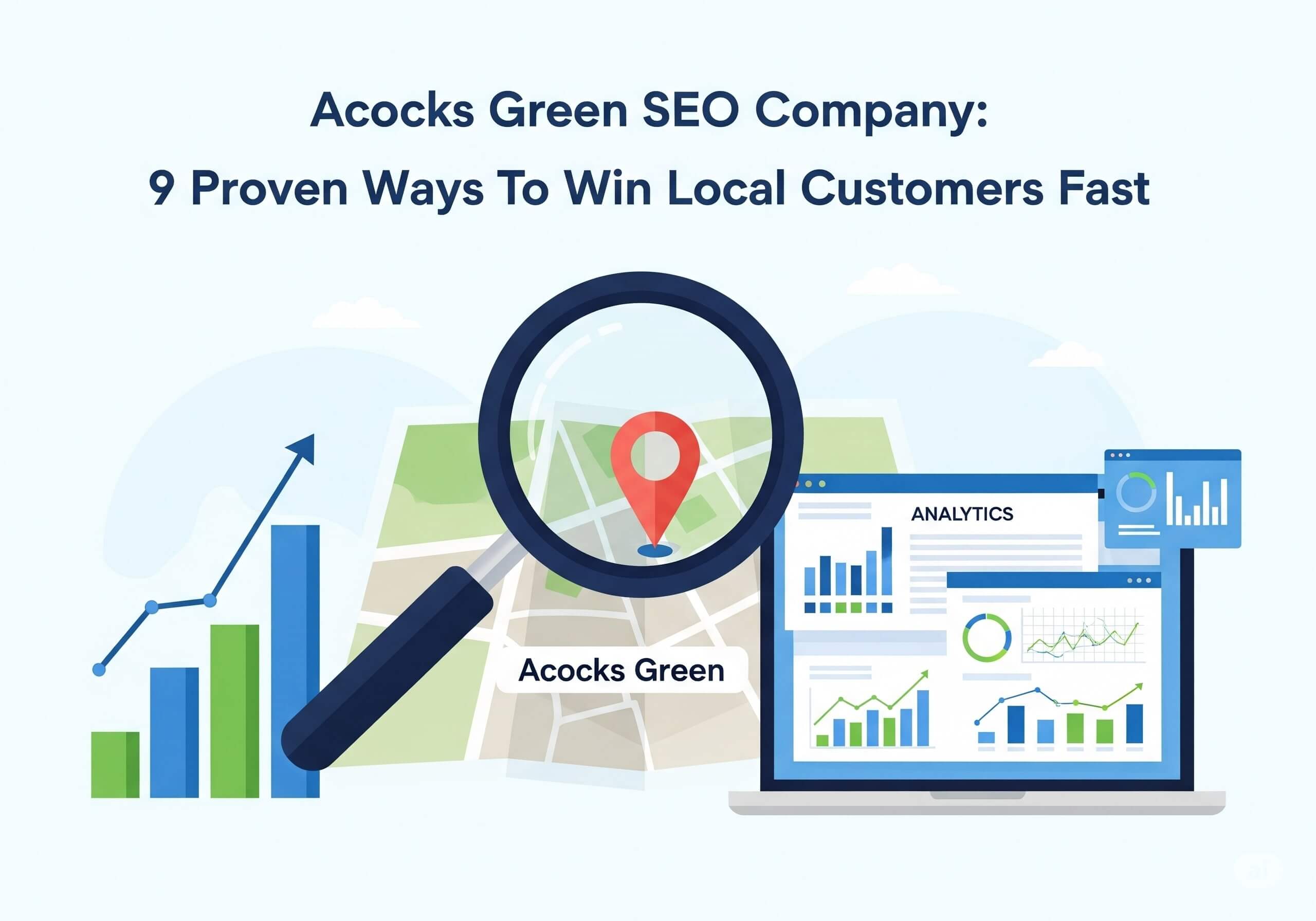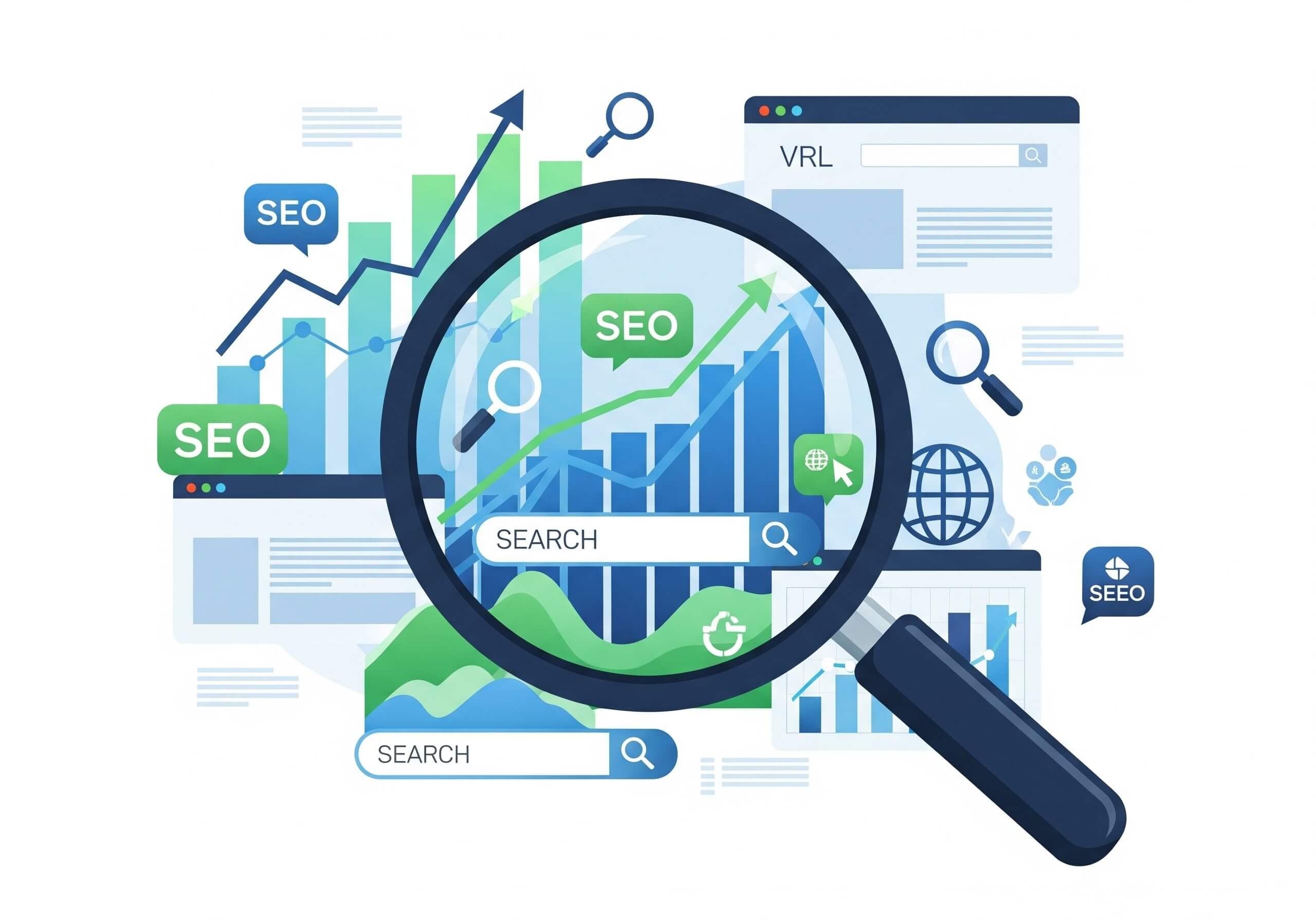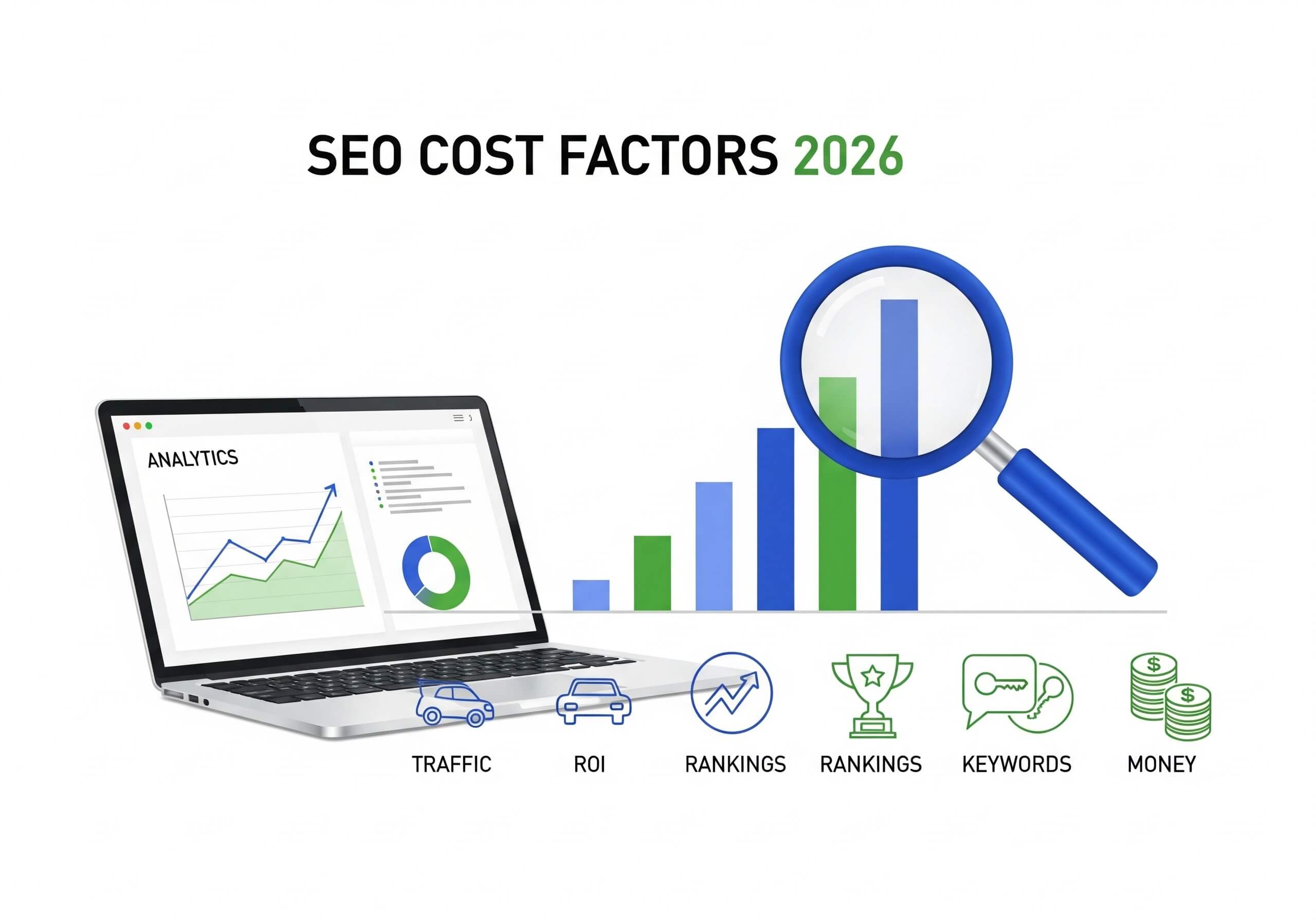
If you’ve ever searched “how much does SEO costs in 2026?”chances are you got a dozen different answers ranging from a few hundred pounds a month to tens of thousands. That’s because SEO pricing has always been one of the most confusing topics for businesses, and in 2026, the landscape is even trickier.
Why? Because SEO is no longer just about “ranking keywords.” It involves technical optimization, high-quality content, authoritative link building, AI-driven analytics, and constant algorithm updates. Agencies price these differently depending on your business size, industry, and goals. The result: business owners are left scratching their heads, wondering if they’re overpaying or worse, if SEO is even worth the money.
Here’s the truth: SEO isn’t a one-size-fits-all service. Just like you wouldn’t expect the same bill for a local dentist website as for a multinational enterprise, SEO costs vary dramatically based on scope and complexity. That’s why transparency is critical. When you understand what goes into SEO pricing, you can make smarter decisions and avoid wasting money on “cheap SEO” that doesn’t deliver results.
So, let’s get to the question you came here for: How much does SEO cost in 2026?
- On average, small businesses in the UK and US pay between $500–$2,000 per month for reliable SEO services.
- For competitive industries like dental SEO or legal SEO, costs often range between $2,500–$7,500 monthly.
- Enterprise SEO costs for large organizations targeting multiple markets often start from $10,000 per month and can exceed $50,000+, depending on the complexity.
In short: the cost of SEO in 2026 depends on whether you’re running a local business, an eCommerce store, or a global enterprise. Throughout this guide, we’ll break down SEO pricing across different regions (UK, Australia, South Africa), explain why services cost what they do, and help you decide if SEO is truly worth the investment for your business.
By the end, you’ll have a clear roadmap for budgeting SEO in 2026 and the confidence to answer the question once and for all: “Is SEO really worth the money?”
Why SEO Costs Matter for Businesses
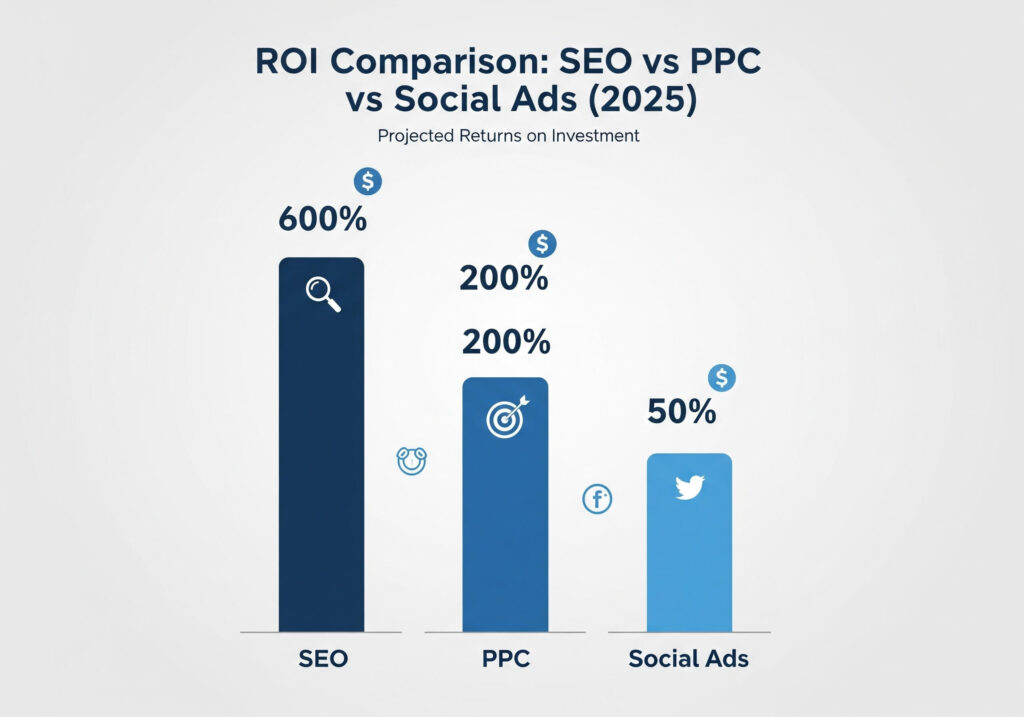
When business owners weigh digital marketing budgets, the first question is usually: “Is SEO a waste of money?” The answer depends on how you view cost versus long-term return.
Let’s compare. Paid ads like PPC (Google Ads) and social media ads deliver instant visibility but only as long as you keep paying. The moment your budget stops, so do your leads. In contrast, SEO is an investment that compounds over time. A well-optimized website can continue generating traffic and leads months or even years after the initial work, often at a lower cost per lead than PPC.
For example, businesses spending $2,000 per month on SEO may see organic rankings that generate thousands of free clicks each month. If the same traffic were bought via PPC, the ad spend could easily surpass $10,000+ monthly. That’s why SEO typically delivers one of the highest ROIs in digital marketing.
But here’s the caveat: cheap, low-quality SEO often backfires. Agencies that promise “guaranteed rankings in 30 days” usually rely on spammy backlinks, duplicate content, or outdated tricks. These shortcuts can not only waste your budget but also harm your website’s reputation and rankings. Recovering from poor SEO is far more expensive than investing in quality SEO from the start.
So, is SEO a waste of money? Not if you approach it strategically. Businesses that treat SEO as a long-term growth investment consistently outperform competitors who rely solely on paid ads. The real waste comes from cutting corners on low-quality services.
Also Check Out The Ben Stace Topical Authority SEO.
Factors That Influence SEO Costs

SEO pricing is never “one-size-fits-all.” The cost of SEO in 2026 depends on multiple factors from the size of your business to your industry and even your geographical market. Let’s break down the biggest variables that influence SEO cost.
Business Size & Goals
One of the clearest factors is the size of your business and the scope of your goals.
- Small business SEO usually focuses on local rankings, Google Business Profile optimization, and targeting a few keywords. Monthly costs often range between $500 and $2,000, depending on the competition.
- Enterprise SEO cost, however, is much higher. Large corporations often manage hundreds of landing pages, eCommerce categories, and international campaigns. Enterprise SEO can range anywhere from $10,000 to $50,000+ per month, since it requires full-time teams, advanced tools, and tailored strategies.
If your goal is simply to show up in your city’s search results, you’ll spend less than a global brand aiming to dominate international SERPs.
Industry & Competition
Your industry plays a major role in SEO pricing. Some niches are extremely competitive, requiring more investment to see results.
Take dental SEO cost as an example. Dentists often compete within the same city for high-value keywords like “dentist near me” or “emergency dental care.” Because every practice wants to rank in the top three, agencies must create unique content, secure strong local backlinks, and optimize Google Maps listings. As a result, dental SEO often costs between $1,500 and $5,000 per month.
By contrast, a low-competition niche like a small home-service business in a suburban area might only need $500–$1,200 per month to see strong local visibility. The higher the competition, the higher the SEO cost.
Location
SEO pricing also varies significantly by location. Hiring an SEO agency in New York will cost more than hiring one in Cape Town.
- SEO cost UK: On average, SEO services in the UK range from £800 to £3,000 per month for small to medium businesses.
- SEO cost Australia: Australian businesses typically pay between AUD $1,500 and $5,000 per month, reflecting the competitive nature of urban markets like Sydney and Melbourne.
- SEO cost South Africa: Agencies in South Africa often charge less, with packages starting at around R7,000–R25,000 per month (roughly $350–$1,300 USD).
While pricing differs, the key is value. A lower price doesn’t always mean better ROI if the agency lacks the expertise to deliver results.
Services Included
Another factor is the range of services included in the SEO package. Some agencies quote a low base fee but exclude essential services. A complete SEO strategy usually includes:
- Technical SEO – fixing crawl errors, improving site speed, and ensuring mobile-friendliness.
- Content writing – creating blogs, service pages, and landing pages optimized for both readers and search engines.
- Link building – acquiring high-quality backlinks to improve domain authority.
- Reporting & analytics – tracking KPIs like keyword rankings, traffic, and conversions.
- SEO tools – agencies typically include access to premium tools like Ahrefs, SEMrush, or Screaming Frog, which would otherwise cost hundreds monthly.
The more comprehensive the service, the higher the monthly investment but also the better the long-term results.
Agency vs Freelancer vs In-house Teams
Finally, who you hire makes a big difference in cost.
- Freelancers – Cheapest option, often charging $20–$100/hour. Good for small projects, but reliability and scalability can be issues.
- SEO agencies – Mid-to-high range, charging $1,000–$10,000+/month, depending on size and expertise. Agencies bring teams of specialists and proven processes.
- In-house teams – Most expensive option, since you’re paying salaries, benefits, and tools. A single in-house SEO hire can cost $50,000–$100,000+ annually, and larger teams can exceed enterprise agency pricing.
Most small and medium businesses choose agencies because they provide scalability and expertise without the overhead of a full-time team.
SEO Pricing Models Explained
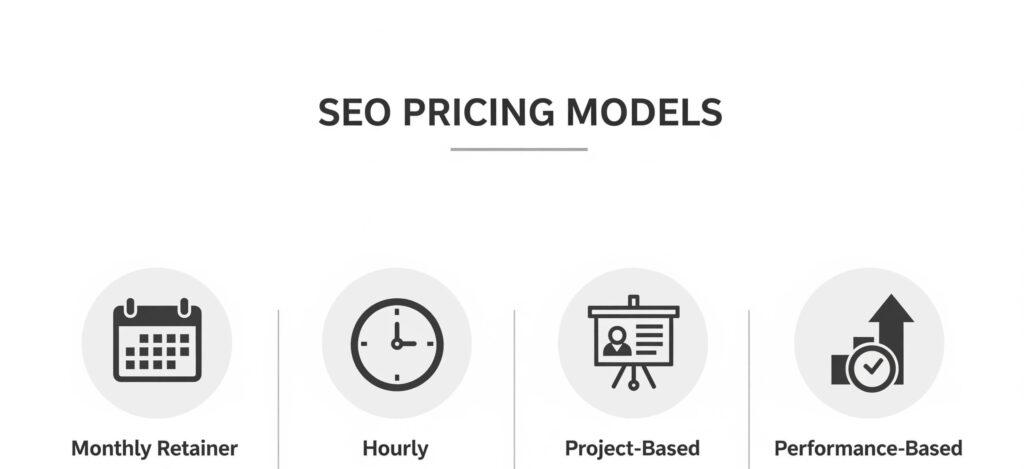
One of the biggest challenges for businesses in 2026 is figuring out not just how much does SEO cost overall, but how that cost is structured. Agencies and freelancers don’t all charge the same way, and the model you choose can significantly impact your results, expectations, and budget flexibility. Below, we’ll break down the most common SEO pricing models with examples from the UK, USA, Australia, and South Africa.
Monthly Retainer
By far the most popular pricing structure in 2026, the monthly retainer gives businesses predictable costs and ongoing service. On average, small to mid-sized businesses can expect to pay anywhere from $750 to $5,000 per month, while enterprise SEO retainers can easily reach $10,000–$25,000+ depending on scope.
- UK: Most agencies charge between £800–£6,000/month.
- USA: Pricing ranges wider, typically $1,000–$7,500/month.
- Australia: Monthly retainers are usually AUD 1,500–6,000.
- South Africa: More affordable, starting at R10,000/month (~$500) for small businesses.
This model works well if you need a full suite of services technical SEO, content, backlinks, and reporting and prefer a partner that grows with you long term.
Hourly SEO Rates
Some consultants, especially freelancers, charge by the hour. This model is more common for short-term consulting, audits, or when a business needs guidance but not execution.
In 2026, hourly SEO rates typically fall between $75–$250/hour depending on experience and geography.
- UK freelancers: £60–£180/hour
- USA consultants: $100–$250/hour
- Australia: AUD 120–250/hour
- South Africa: R600–R2,000/hour (~$30–$100/hour)
Hourly rates can be cost-effective for businesses with strong in-house teams that only need occasional support. However, they can add up quickly if ongoing work is required.
Project-Based Pricing
Project-based SEO pricing is ideal for businesses with a clearly defined need such as a website audit, local SEO setup, or a link-building campaign.
In 2026, most project-based SEO services range between $1,500 and $30,000+, depending on the complexity.
Examples:
- A one-time SEO audit may cost $1,500–$5,000.
- A dental SEO cost package with competitive keyword research and local optimization might be $3,000–$10,000.
- Large-scale enterprise site migrations can exceed $30,000.
This model makes sense if you want clarity on deliverables and costs without long-term commitments.
Performance-Based SEO
Performance-based SEO is attractive because you “pay for results.” For example, you may only pay when your site reaches the top 3 for agreed keywords or when traffic increases by a set percentage.
While it sounds risk-free, there are downsides. Inexperienced providers may target easy, low-value keywords to show results, while avoiding the hard work of ranking for profitable terms.
In 2026, performance-based SEO deals often start around $500/month plus bonuses for achieving milestones, but terms can vary widely.
SEO Costs by Business Type
Local SEO Costs
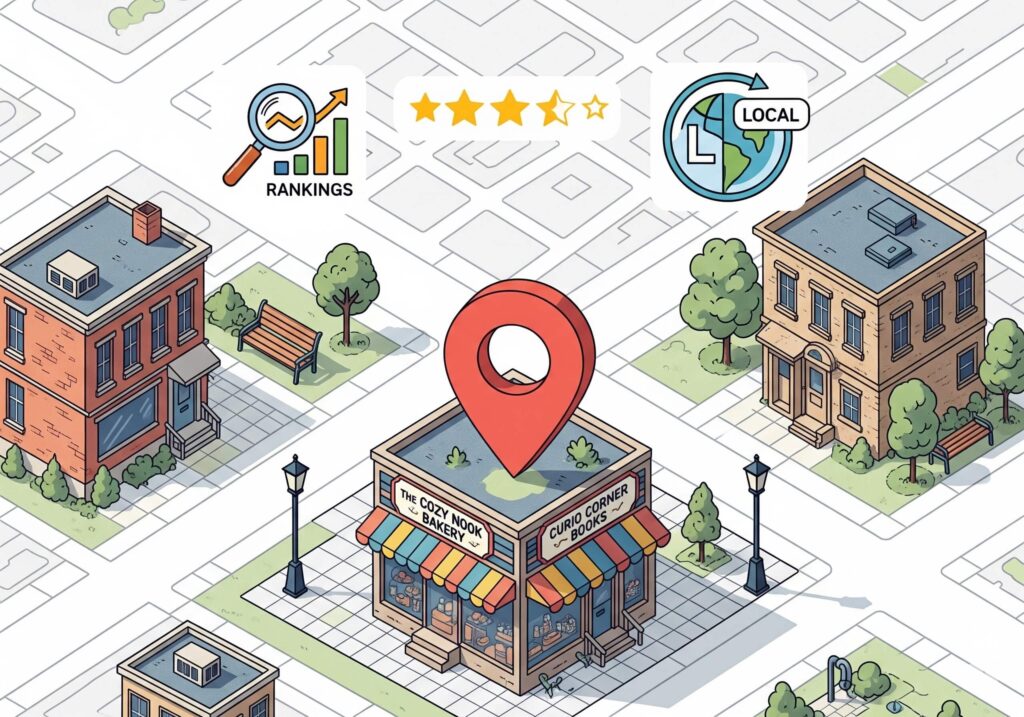
- Why local SEO matters for small businesses and brick-and-mortar shops.
- Average local SEO pricing in 2026 (ranges in the UK, USA, Australia, South Africa).
- Special focus: Dental SEO cost – high competition in dental clinics, patient acquisition value, and why dentists often pay higher rates.
- Typical services included: Google Business Profile optimization, local citations, reviews, and maps ranking.
eCommerce SEO Costs
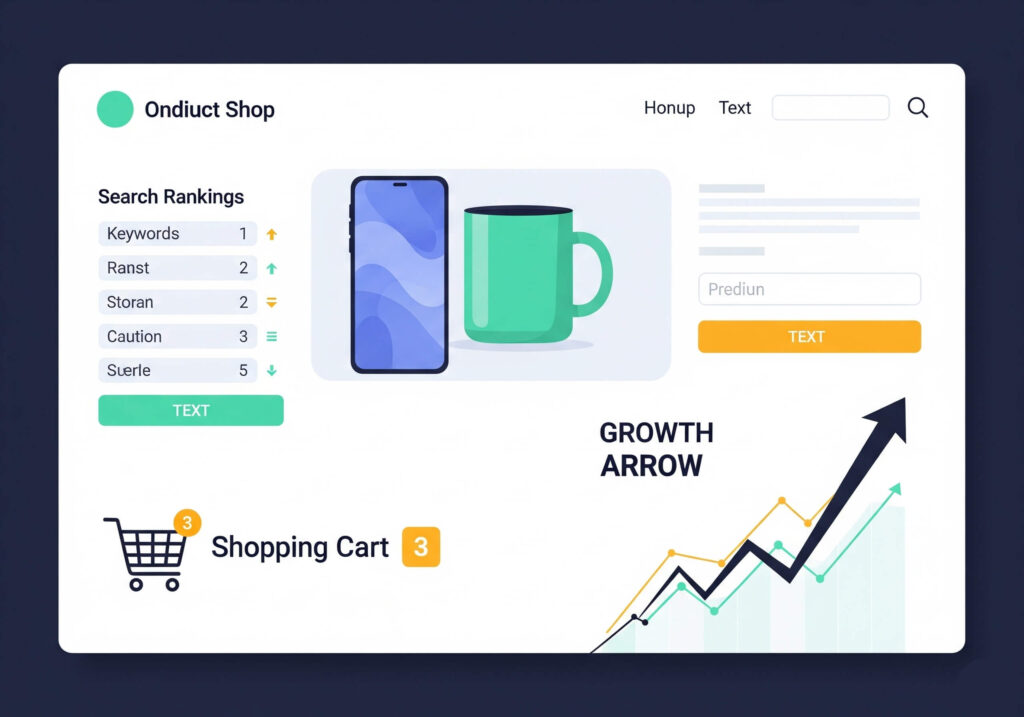
- Why eCommerce SEO is more expensive (product pages, category structures, thousands of SKUs).
- Common cost ranges for small vs large eCommerce sites.
- Technical needs: schema markup, site speed, indexing, and content scaling.
- Example: fashion store vs electronics store SEO challenges.
Enterprise SEO Cost

- Defining enterprise SEO (websites with 10k+ pages, multinational reach).
- Why enterprise campaigns require more resources (automation tools, large content teams, advanced reporting).
- Average enterprise SEO cost in 2026 across regions (UK, USA, Australia, South Africa).
- Typical monthly retainers and why some campaigns exceed $50k/month.
- Case study approach: global SaaS or eCommerce giant vs mid-level firm.
Niche SEO Examples

- Law firms: competitive, high CPC keywords → SEO costs rise.
- Real estate: hyperlocal competition, seasonal fluctuations in SEO cost.
- Healthcare/medical SEO: strict regulations, sensitive content → higher compliance cost.
- Mention how industries like finance, dental, and legal consistently rank among the highest SEO cost niches.
- Tie back to is SEO a waste of money? – explaining that in high-value niches, ROI justifies higher investment.
Global SEO Cost Comparison in 2026
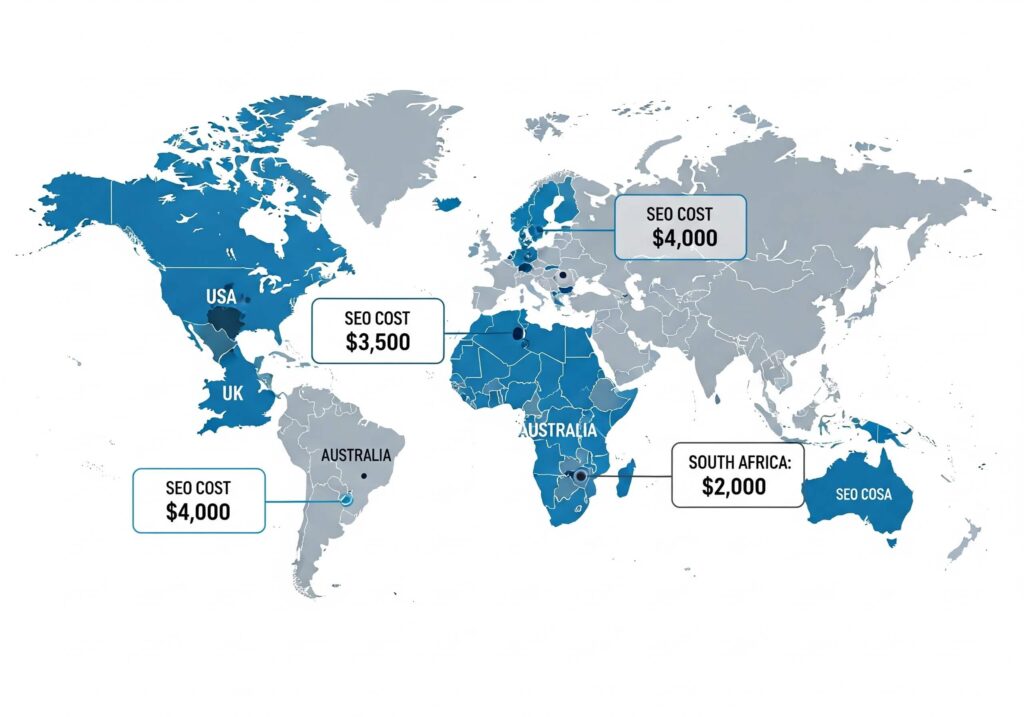
SEO Cost UK
- Average monthly retainers in the UK for small businesses, SMEs, and enterprises.
- Typical range: £500 – £2,000 for small/local campaigns; £5,000+ for enterprise-level.
- Factors: cost of living, high competition in industries like legal and finance.
- Keyword: seo cost uk naturally integrated.
SEO Cost Australia
- Overview of seo cost australia in 2026.
- Typical ranges: AUD $1,000 – $3,000 for SMEs, $5,000+ for enterprise.
- Why Australia’s digital market drives higher technical SEO focus (mobile-first, site speed, schema).
- Note: competitive niches like eCommerce and health push costs higher.
SEO Cost South Africa
- Average seo cost south africa in 2026.
- Local agencies often charge ZAR 5,000 – 20,000/month (≈ $250 – $1,000).
- South Africa is seen as a budget-friendly SEO market compared to the UK/USA.
- Many businesses outsource internationally to South African agencies for cost savings.
USA vs Other Regions
- The USA remains the most expensive SEO market: $2,000 – $10,000/month common.
- Compare with UK, Australia, South Africa:
- UK: slightly lower than USA, but high in finance/tech niches.
- Australia: competitive but closer to UK pricing.
- South Africa: most affordable option, though expertise varies by agency.
- Conclusion: global SEO cost depends on both market rates and industry competitiveness.
Is SEO Worth the Investment in 2026?
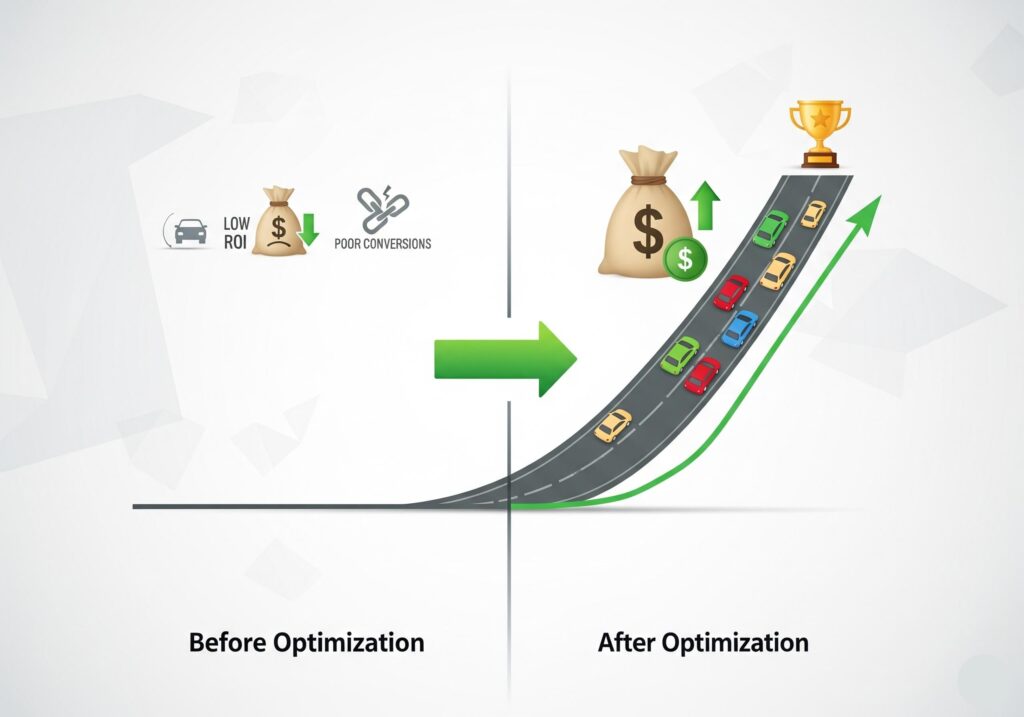
One of the most common questions business owners ask is: “Is SEO a waste of money?” The short answer in 2026 is absolutely not but only when it’s done strategically and with clear goals.
The ROI of SEO
Unlike paid ads that stop delivering the moment you pause your budget, SEO builds a long-term digital asset. A study by BrightEdge shows that over 53% of all website traffic comes from organic search, making it the single biggest online marketing channel. For example, a dental clinic investing £1,000/month in local SEO could secure a 10–20x ROI once top rankings bring in dozens of new patients each month.
Case Study Example
- eCommerce brand (USA): Invested $4,000/month in SEO for product page optimization and link building. Within 12 months, organic traffic grew by 250%, and revenue increased by $500,000 annually.
- Law firm (UK): Spending £2,500/month on SEO led to a 40% increase in client inquiries within six months, proving SEO outperformed traditional advertising channels like print and billboards.
Short-Term Costs vs. Long-Term Value
Yes, SEO can feel expensive upfront monthly retainers in 2026 range from £500 in the UK to $5,000+ in the USA. But the payoff is long-lasting: once your website ranks, it can generate consistent leads and sales for months or even years with only minimal maintenance. Compare this to Google Ads, where each click costs money and disappears instantly when the budget ends.
Final Verdict
SEO in 2026 is not a “quick fix.” It’s a long-term growth engine. Businesses that invest wisely see compounding returns in brand visibility, credibility, and revenue. Far from being a waste of money, SEO remains one of the most cost-effective digital marketing investments available today.
How to Choose the Right SEO Partner Without Overpaying?
With so many SEO providers promising “page one rankings overnight,” it’s easy for businesses to overspend or worse, invest in services that don’t deliver. In 2026, choosing the right SEO partner requires balancing cost, transparency, and expertise.
Red Flags in Cheap SEO Services
If an SEO agency offers services for $100/month and guarantees instant results, consider it a major warning sign. Cheap SEO often involves black-hat tactics like spammy backlinks, keyword stuffing, or duplicate content all of which can trigger Google penalties. Another red flag is the lack of reporting or transparency. A reliable SEO partner should show you what they’re doing and why it matters for your business goals.
Questions to Ask Before Hiring
To avoid costly mistakes, ask potential providers:
- What’s your SEO process? (Look for clear steps like audits, keyword research, content, and link building.)
- Can you share case studies or references? (Past results prove real expertise.)
- How do you measure success? (Good SEO partners focus on traffic, conversions, and ROI, not just rankings.)
- What tools do you use? (Credible agencies often leverage SEMrush, Ahrefs, or Screaming Frog.)
Asking these questions helps filter out amateurs from true professionals.
Freelancer vs. Agency vs. In-House Team
- Freelancers are budget-friendly and ideal for small, local businesses, but they may lack resources for large-scale campaigns.
- Agencies bring teams of specialists covering technical SEO, content, and link building making them a strong fit for growing eCommerce or enterprise businesses.
- In-house teams work best for corporations with consistent, high-volume SEO needs, but they require bigger budgets for salaries and tools.
Final Tip
The best SEO partner is one that aligns with your goals and budget, offers full transparency, and prioritizes long-term growth over short-term tricks. By asking the right questions and avoiding too-good-to-be-true pricing, you can invest confidently without overpaying.
Final SEO Costs Checklist for 2026
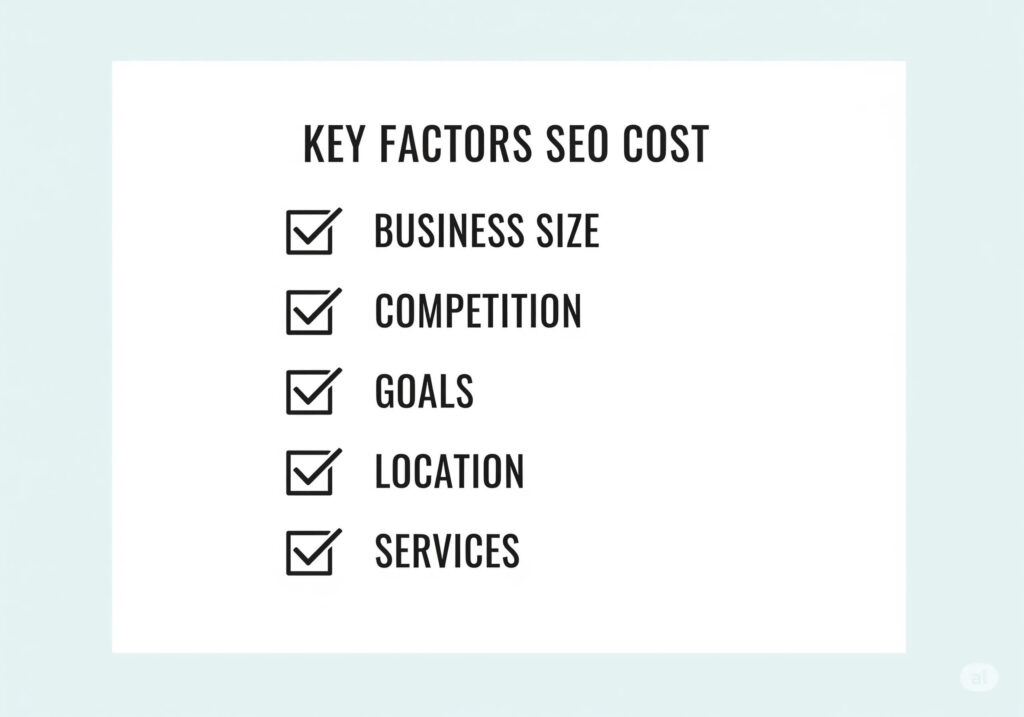
Before committing to an SEO investment, it helps to have a clear view of what actually drives the price. While costs vary across industries and regions, most SEO retainers in 2026 depend on three main factors:
- Scope of Work – Local SEO campaigns cost less than nationwide or international efforts.
- Competition Level – Ranking in a niche industry is cheaper than competing for high-volume keywords in finance, real estate, or eCommerce.
- Expertise & Team Size – Freelancers charge less than agencies, but agencies provide broader skill sets and resources.
Quick-Reference SEO Costs Ranges (2026)
| Service Type | Typical Monthly Cost | Best For |
| Freelancer SEO | $300 – $1,000 | Small local businesses |
| Small Agency | $1,000 – $3,000 | SMBs targeting regional markets |
| Mid-Sized Agency | $3,000 – $7,500 | eCommerce, SaaS, competitive niches |
| Enterprise SEO | $7,500 – $20,000+ | Corporations with national/global reach |
The Bottom Line
SEO isn’t a one-size-fits-all service, it’s an investment that scales with your business goals. Cheap services may save money upfront but can cost more in lost opportunities and potential Google penalties.
👉 Ready to discover what SEO will cost for your business in 2026? Get a free custom SEO cost estimate today and see how a tailored strategy can drive growth without overspending.
FAQs on SEO Costs in 2026
Q1: Is SEO really worth the money in 2026?
Yes SEO takes time, but it usually gives better long-term ROI than ads.
Q2: How much should a small business spend on SEO?
Most small businesses spend between $500–$2,000 per month, depending on goals.
Q3: Why is enterprise SEO so expensive?
Enterprise SEO costs more because it needs big teams, advanced tools, and ongoing work across hundreds of pages.
Q4: Is cheap SEO a waste of money?
Usually, yes. Cheap SEO often means low-quality links and copy-paste tactics that can hurt rankings.
Q5: Do SEO prices change by country?
Yes. SEO cost in the UK, Australia, and the USA is higher, while South Africa and Asia are more budget-friendly.
Q6: Should I hire a freelancer, agency, or in-house SEO?
Freelancers are cheaper, agencies offer full service, and in-house SEO gives you control. Best choice depends on budget and business size.
Q7: How long before SEO shows results?
Normally 4–6 months to see progress, but strong results take 12+ months.
Conclusion
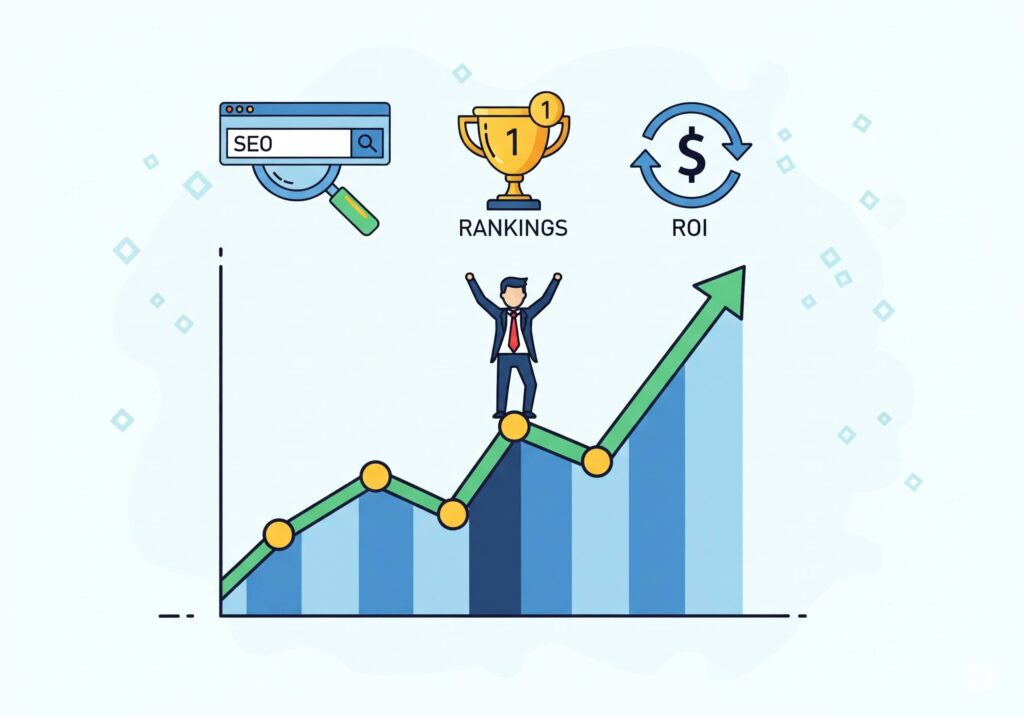
As we move to 2026, one thing is clear: SEO is not a cost, it’s an investment. Unlike paid ads that stop the moment you pause your budget, SEO compounds over time, building authority, visibility, and trust that keep delivering results month after month. Businesses that consistently invest in SEO tend to see stronger ROI, more qualified leads, and higher long-term brand equity compared to those relying only on short-term tactics.
That said, success doesn’t come from simply throwing money at SEO or chasing the cheapest provider. Low-cost SEO often leads to cookie-cutter strategies, poor-quality backlinks, or even penalties that set your business back. On the other hand, overpaying without a clear strategy can also drain resources without measurable gains.
The key is to balance choosing an SEO partner or approach that aligns with your business goals, industry competition, and budget. By understanding the cost factors we’ve outlined from business type and region to expertise level you can make informed decisions that maximize value without overspending.
In 2026, the businesses that win online will be those that treat SEO as a strategic, long-term investment. If you’re ready to grow sustainably, now is the time to plan your SEO journey wisely, focus on quality, and invest where it matters most.



